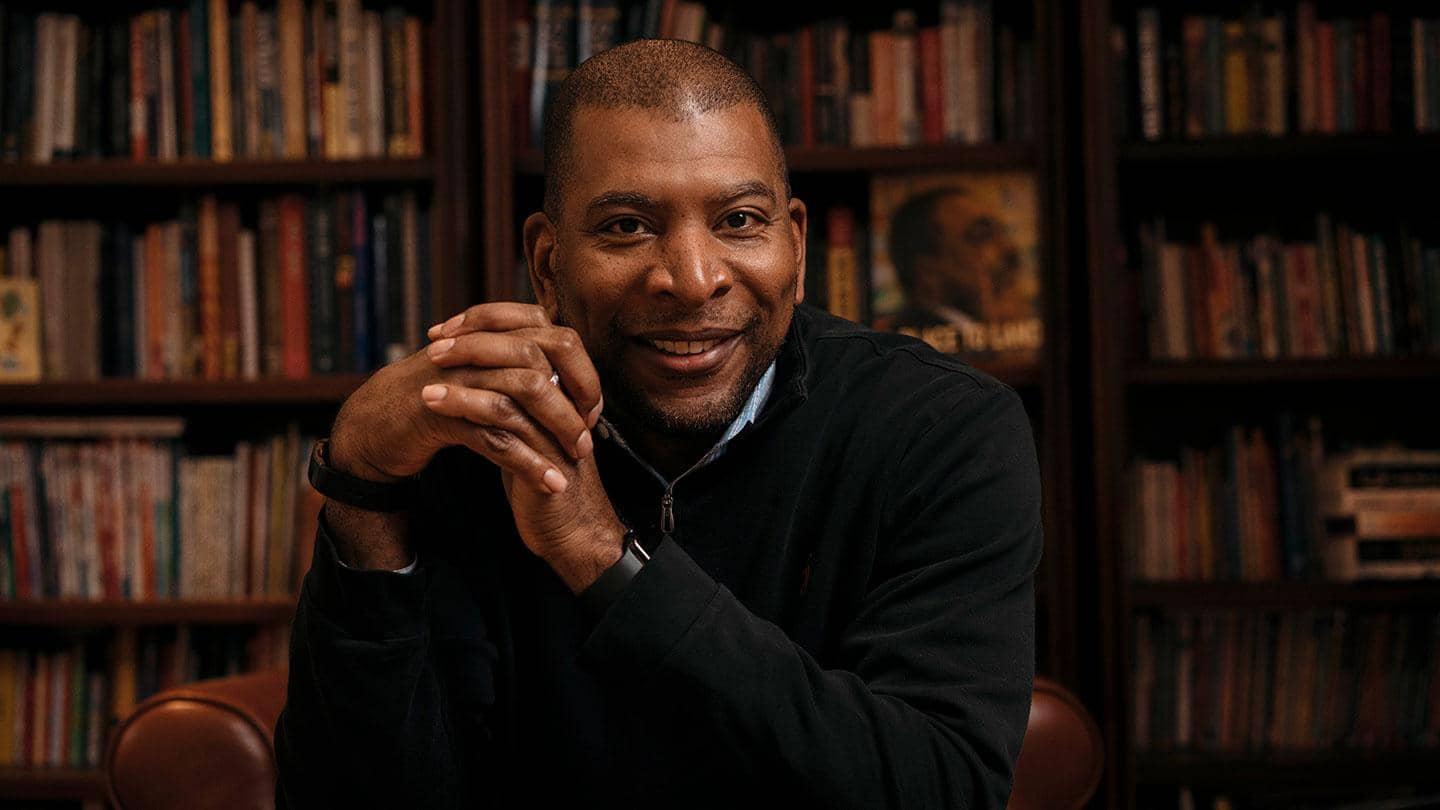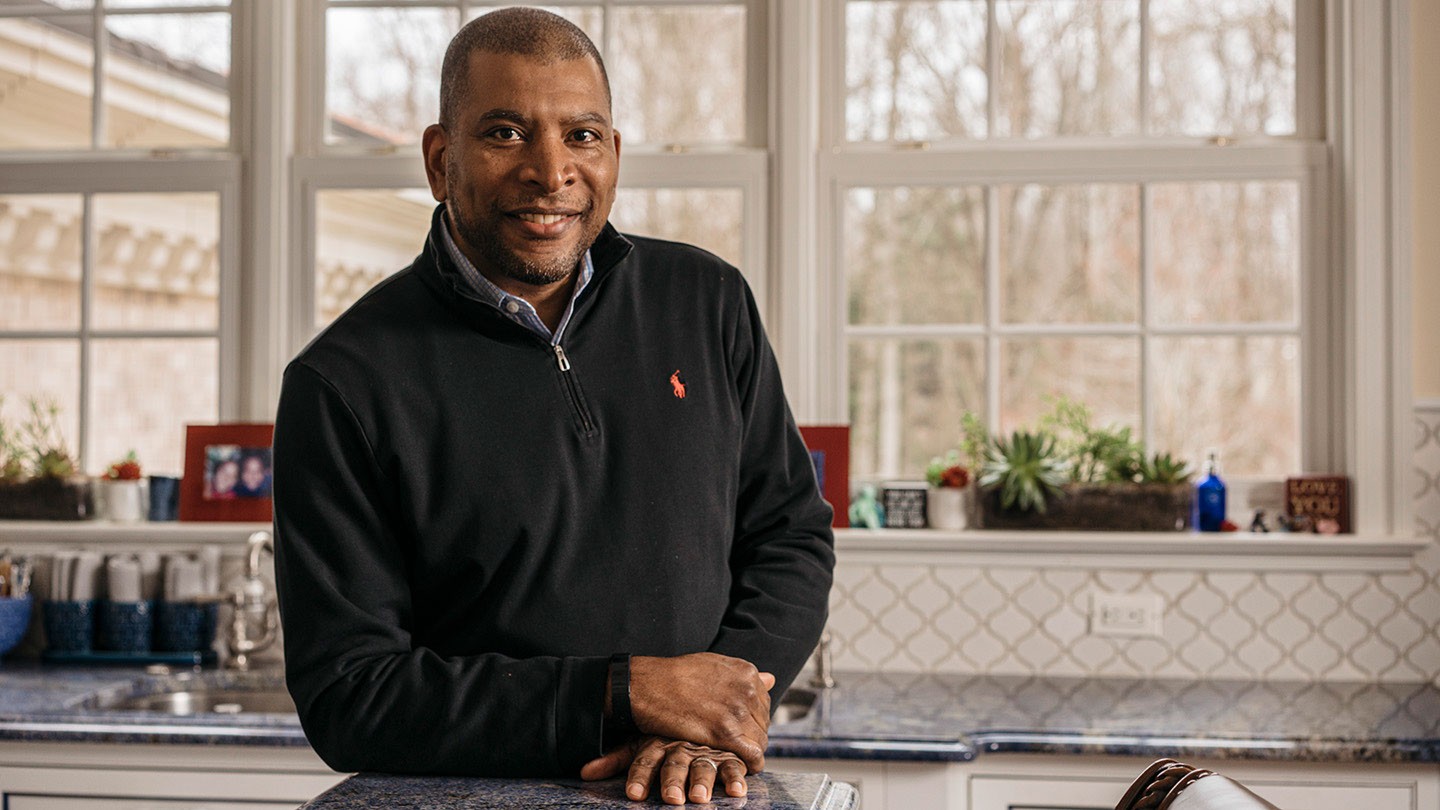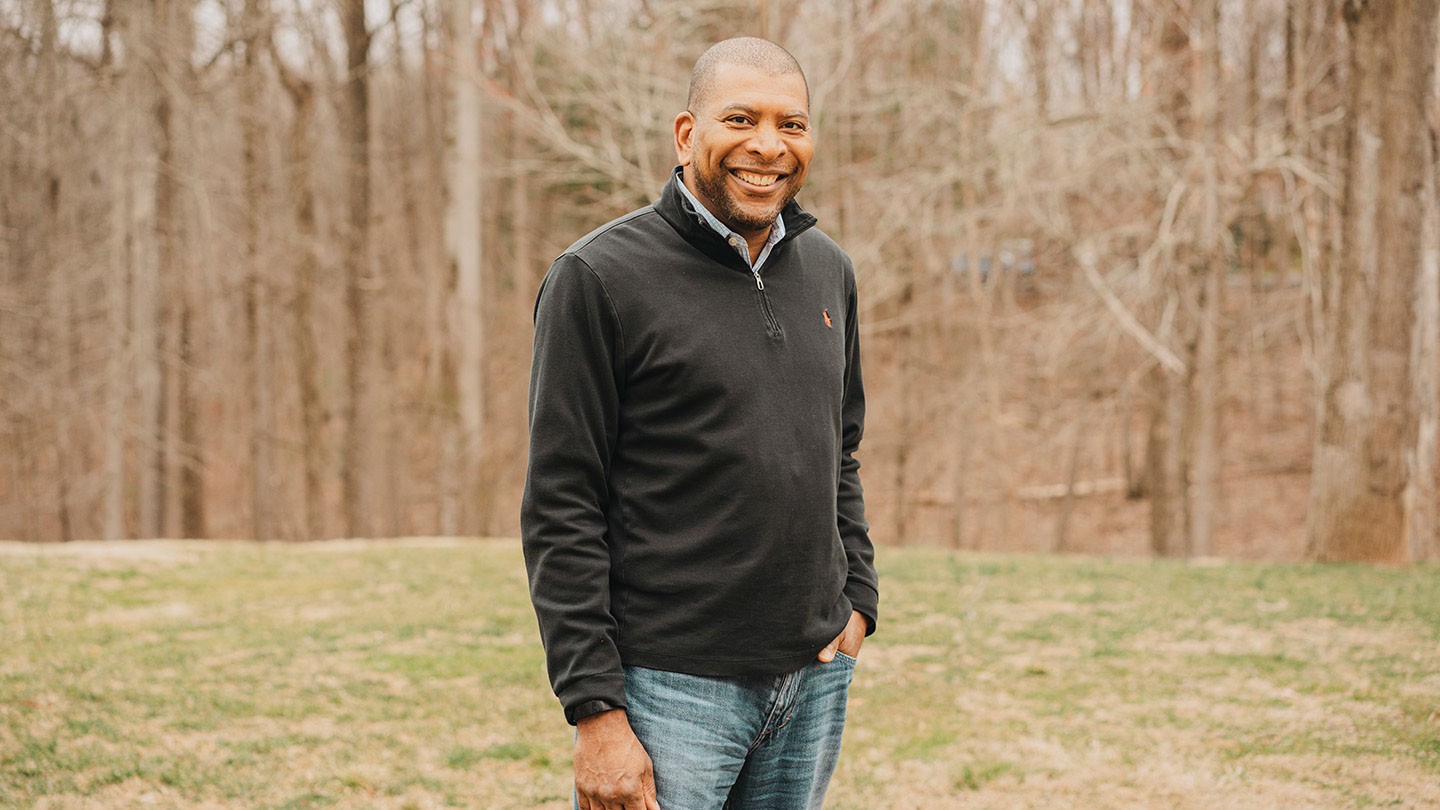
Culture
"We have to create more conversations"
Ray Dempsey, Barclays’ new Group Chief Diversity Officer, on why having ‘difficult conversations’ and a rigorous approach to data are key to fostering real diversity and inclusion – and how the murder of George Floyd in the US has compelled corporations to act.
For Ray Dempsey, Barclays’ new Group Chief Diversity Officer, it all starts with conversation.
An engineer by training, he is adamant that any commitment to diversity and inclusion has to be led by data and clear metrics: as he is fond of saying, “what gets measured, gets done”.
But helping colleagues understand what’s behind these commitments is also crucial. “If you only create targets, you might create short-term change. But I’m not convinced it can be sustainable without getting into the hearts and minds of colleagues,” he says.
Dempsey has been in post for less than three weeks, fresh from a short break after leaving his role as Chief Diversity Officer at bp America after 30 years with the energy company. Asked what attracted him to Barclays, he cites the bank’s values: “I read about the things Jes Staley (Barclays Group CEO) has said, about his own experiences, about the mindset at Barclays. And I just felt like there was a real opportunity here.
“What I see at Barclays is a commitment from leadership at the very top. My conversations with leaders from all around the business have made it very clear that there’s a genuine appetite to do more and to really drive for progress in a way that builds on a terrific foundation.”
His vision is for every Barclays colleague to be able to articulate why diversity and inclusion matters and what they can do to foster it. And he brings his engineer’s mind to the task.
“Barclays, like many other companies, will say, ‘We want to be the place that brings out the very best in all our talents, no matter their difference. We want to be a place where people can bring their whole selves to work.’ Everybody says that – these are good intentions.

Ray Dempsey is joining Barclays after working as Chief Diversity Officer at bp America.
What I see at Barclays is a commitment from leadership at the very top. It's clear that there’s a genuine appetite to really drive for progress in a way that builds on a terrific foundation
“The magic is actually creating an accountability construct that demonstrates that it really is as important to us as any other key part of our business. And we address it with the same rigour, and with goals and measures to help us know that we’re moving the way we want to go.”
That means “thoughtful and meaningful metrics – not just targets”, and clarity around what those might mean for each region. “The things that matter most in Singapore or Mumbai or Chennai aren’t the same things that matter in London, or New York, or Henderson, Nevada.”
“Diverse companies perform better – and make more money”
Perhaps not surprisingly, Dempsey is big on the business case for diversity and inclusion. He cites numerous pieces of research, including from US consulting firm McKinsey & Company, that demonstrate why diverse companies “perform better – and, fundamentally, make more money”.
Under his leadership, it’s likely that the bank’s Race at Work agenda will be as much about diversity as a catalyst for better performance and value – which Dempsey describes as the “universal language that drives business” – as it will focus on moral arguments around inclusion.
Alongside the company ‘bottom line’, he cites the “licence to operate” – in other words “the expectations set for us from shareholders, investors, government, NGOs, and ultimately our customers” – and “the competition for talent” as two other central reasons for prioritising diversity and inclusion.
“If you look at New York City, more than 75% of all the people under the age of 19 are from communities of colour. If we aren’t seen as a company that is intentional about making them our priority and supporting their progress and development, then it won’t be long before we simply can’t hire enough people to get work done. It really is that simple.”
George Floyd: “A massive tipping point around the world”
During his time at bp, Dempsey is credited with transforming the energy company’s approach to diversity, both internally through recruitment, retention and workplace culture, and externally through relationships with partners and suppliers.
Honest talking and deep listening were at the heart of his approach. “I came into that job believing we had to create more conversations. We had to find a way to allow people to share experiences that would stretch people’s minds, and move beyond unconscious bias towards real empathy and understanding,” he explains.
His team put in place a series of events for colleagues, which offered “an opportunity to really provoke and challenge people to understand why this work is so important”, he says. “Why it wasn’t just for women or minorities, or people from the LGBT+ community or any other dimension of difference. It was for everybody. And ultimately, it was about our ability to compete and perform as a business.”
Dempsey was at his desk at home in Vienna, Virginia – where he lives with his wife, Alysia, and the youngest of his four daughters – when he heard about the murder of George Floyd in Minneapolis in May 2020: “My first thought was, ‘Again’. And that’s something that is underappreciated. His tragic death was a massive tipping point around the world, but we can’t forget that he wasn’t the only one.”
Just days later, Dempsey expanded on the existing bp colleague events with the first of a series of ‘listening lounges’, in which colleagues could share their experiences or ask difficult questions. The response was overwhelming. The first virtual session had to be rescheduled because more than 500 people wanted to attend when there was only the technical capacity to host 250. “We broke the internet,” says Dempsey.

Dempsey notes that there is a “genuine appetite to really drive for progress” at Barclays.
We have to find ways to allow people to share experiences and move beyond unconscious bias towards real empathy and understanding
Regrouping the following day, 1,500 people dialled in. “The next one had over 1,400,” he recalls. “Then another had 1,000. We ended up having to add sessions the following week. And it wasn’t just a small community of people who wanted to express how they were feeling; it was a massive proportion of our workforce.”
What were those sessions like? “I’ll tell you this, I’ve never seen more grown people crying at work,” says Dempsey. “We had many Black and African American colleagues sharing their stories, and many stories from allies. And we were very clear that we weren’t there to fix anything. We weren’t trying to brainstorm solutions. We were just listening and sharing and honouring those perspectives.”
He reflects on why it was Floyd’s death at the hands of police, rather than any other death in similar circumstances, that sparked global protests and bolstered the black lives matter movement. Why did corporations feel the need to speak up this time?
“I think it’s terrific that companies took a leadership position on this, and in some ways it was a reflection of the very difficult politics that were present,” he says. “When there were messages that seemed inconsistent with what we felt were the values of our companies, it put business leaders in a place where they had to draw a line and take a stand.”
A commitment to “drive for progress”
Some of Dempsey’s commitment to bridging gaps in understanding likely comes from his childhood experiences. His family moved several times because of his father’s job in the US Army – in fact, he was on tour in Vietnam when Dempsey was born. The family later lived for three years in a small town in Germany, where he remembers “feeling very welcomed and included, despite my very obvious differences”. He has lived in his current home for a decade – “the longest I’ve ever lived in one place”.
The repeated moves, he says, gave him a capacity to “work out who’s who in the social and power structures of the school playground. I had to work out who to stay close to and who to stay away from, and that has become a lifelong skill.” It also cultivated within him a natural curiosity, “in order to make connections and friends. When I meet someone with an interesting name or accent, I can’t help but to ask questions about their ‘story’.”
After graduating from Kansas State University with a degree in industrial engineering, Dempsey joined Amoco as an engineer in 1990, and stayed when the company was taken over by bp in 1998. Over the past 30 years, he has lived in 12 homes across the US and abroad – including two spells in London. His career saw him take on roles in investor relations, strategy, public affairs, external affairs – only stepping into the diversity sphere in 2017.
Dempsey is candid about the effort needed to change thinking around difference, whether it relates to disability, sexual orientation, race and ethnicity, gender, age or any other defining characteristic. “What we do is about change," he explains. "And change is always uncomfortable for humans. It’s like pushing a large rock up a steep hill."
But the beauty of joining Barclays, he says, is that “I won’t be on my own pushing that big rock up the hill; I’ll have a bunch of people with me and it won’t feel like such a straight line up.”
Barclays’ diversity and inclusion agenda
Barclays aims to foster a culture where individuals of all backgrounds feel confident in bringing their whole selves to work, feel included and have their talents nurtured, empowering them to contribute fully to the bank’s vision and goals.
The bank’s agenda includes five pillars of focus: Disability, Gender, LGBT+ (Lesbian, Gay, Bisexual and Transgender), Multicultural and Multigenerational. Under the gender agenda, the bank supports women in the workplace through initiatives including sponsorship and mentoring, and colleague diversity networks – Win, the gender network and the Barclays Working Families Network.
Read more in Barclays’ Diversity and Inclusion Report 2020 (PDF 3.5MB)